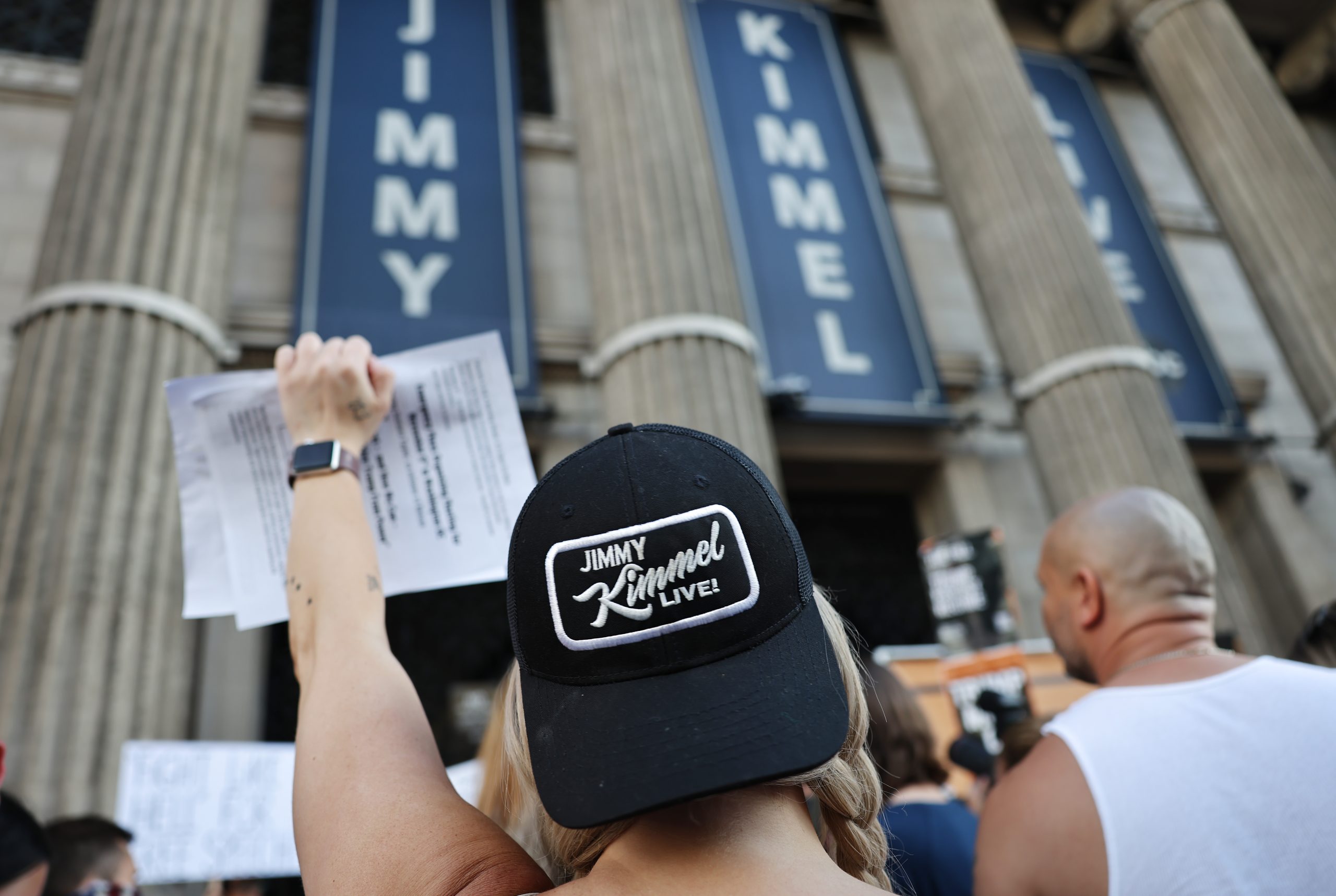The suspension of late-night host Jimmy Kimmel from his show, “Jimmy Kimmel Live!”, sparked a national debate about free speech and the limits of political commentary in the age of hyper-partisanship. While the official reason cited was Kimmel’s monologue referencing the murder of conservative commentator Charlie Kirk, the underlying issue appears far more complex, raising concerns about potential government overreach and the chilling effect on political satire.
The Kimmel Controversy: A Case Study in Censorship?
Kimmel’s monologue, delivered on the Monday following the tragic event, drew criticism for its implication that the shooter, whose political affiliations were uncertain at the time, might have been connected to the MAGA movement. While the statement lacked definitive proof, the ensuing backlash was swift and decisive. President [President’s Name], seizing on the controversy, publicly condemned Kimmel’s remarks, ultimately leading to his suspension. This action, unprecedented in recent television history for a late-night host, has ignited fierce debate about the boundaries of free speech, particularly in the context of political discourse.
Many observers see Kimmel’s suspension not as a response to journalistic malpractice or ethical violations, but as a politically motivated act aimed at silencing dissent. The lack of prior disciplinary action against Kimmel, despite his history of provocative commentary, further fuels this interpretation. Critics argue that the President’s intervention sets a dangerous precedent, potentially chilling free speech and creating an environment where dissenting opinions are suppressed through government pressure. The swiftness and severity of the response raise concerns about the administration’s willingness to use its power to silence voices it deems unfavorable.
Beyond Kimmel: A Broader Threat to Free Expression?
The Kimmel case highlights a larger trend of increasing polarization and the weaponization of political discourse. The immediacy of social media and the 24/7 news cycle often amplify minor incidents, leading to outsized reactions and a climate of intolerance towards differing viewpoints. This environment can create fertile ground for government overreach, as seen in Kimmel’s case, where a perceived slight can quickly escalate into a full-blown censorship crisis. This raises concerns not only about the future of late-night television, but also about the broader health of democratic debate in the United States.
The lack of clear evidence linking the shooter to the MAGA movement adds another layer of complexity to the situation. Kimmel’s comments, while perhaps lacking in nuance, were largely speculative and aimed at provoking thought, not inciting violence. The disproportionate response suggests a deeper underlying issue – a growing intolerance for opposing viewpoints and an attempt to control the narrative through intimidation and censorship.
Conclusion: A Wake-Up Call for Democracy?
The suspension of Jimmy Kimmel serves as a stark reminder of the fragility of free speech, particularly in times of heightened political tension. While the official explanation focuses on the content of his monologue, the underlying power dynamics at play suggest a broader concern about the potential for government overreach and the chilling effect on political satire and critical commentary. The long-term implications of this incident remain to be seen, but it undoubtedly raises fundamental questions about the balance between free expression and political power in a democratic society. The debate surrounding Kimmel’s suspension is not just about a late-night television host; it’s about the very principles that underpin a free and open society.
Based on materials: Vox





